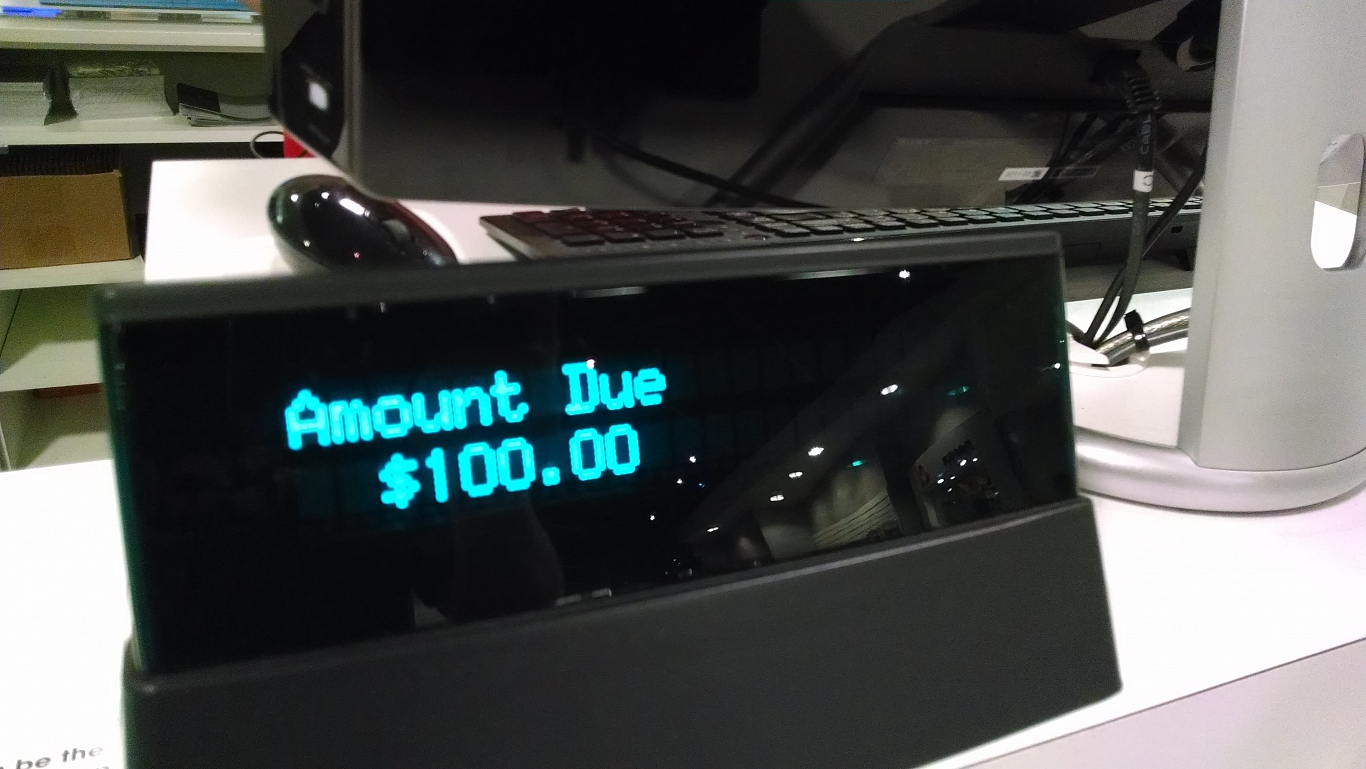The scheme, in which summaries or invoices are presented to customers for their agreement but never materialize in a proper receipt, was found to be in use at several restaurants and pubs popular among foreign guests.
Pretending to be tourists, disguised journalists visited Queen’s Pub and Peter's Brew House, linked to three individuals -- Rabihs Odaime, a businessman of Lebanese descent, as well as his wife Iveta and Raimonds Vasiļjevs.
These places did not issue the journalists with proper receipts. Other restaurants linked to the trio include Zvejnieka dēls, Zilā govs, Colonel's Brew Pub and Līvu terase.
The restaurants were singled out beforehand as paying exceedingly low social insurance contributions, meaning they might be using schemes to avoid paying full tax for wages and instead paying but a part of their employees' wages legally. It is suggested that the scheme is used to obtain cash for covering employee salaries.
A few days after Forbidden Methods turned to the State Revenue Service (Latvia's tax authority) with the summaries they received, the authorities raided the restaurants trying to locate the servers in which the real revenues might be recorded under the scheme.
An employee at the service told Forbidden Methods that a server was indeed seized even though a restaurant worker had locked herself inside the room where it was stored.
Cash register tax evasion schemes appear to be widespread in Latvia, with criminal charges bought against nine persons last year in connection to tax fraud at Gan Bei eateries. They later repaid the state close to €1m in lost tax revenues.
The State Revenue Service told LSM that a real receipt will always have an identifier of the cash register, the taxpayer's registry number and legal address, as well as the date and time of printing. It will also of course include the items you've paid for including tax, as well as the total sum and VAT.
It will also include information about the amount paid and change given (if there is any), as well as info on discounts (if any), along with the means of payment and numbers identifying the cash register.





























